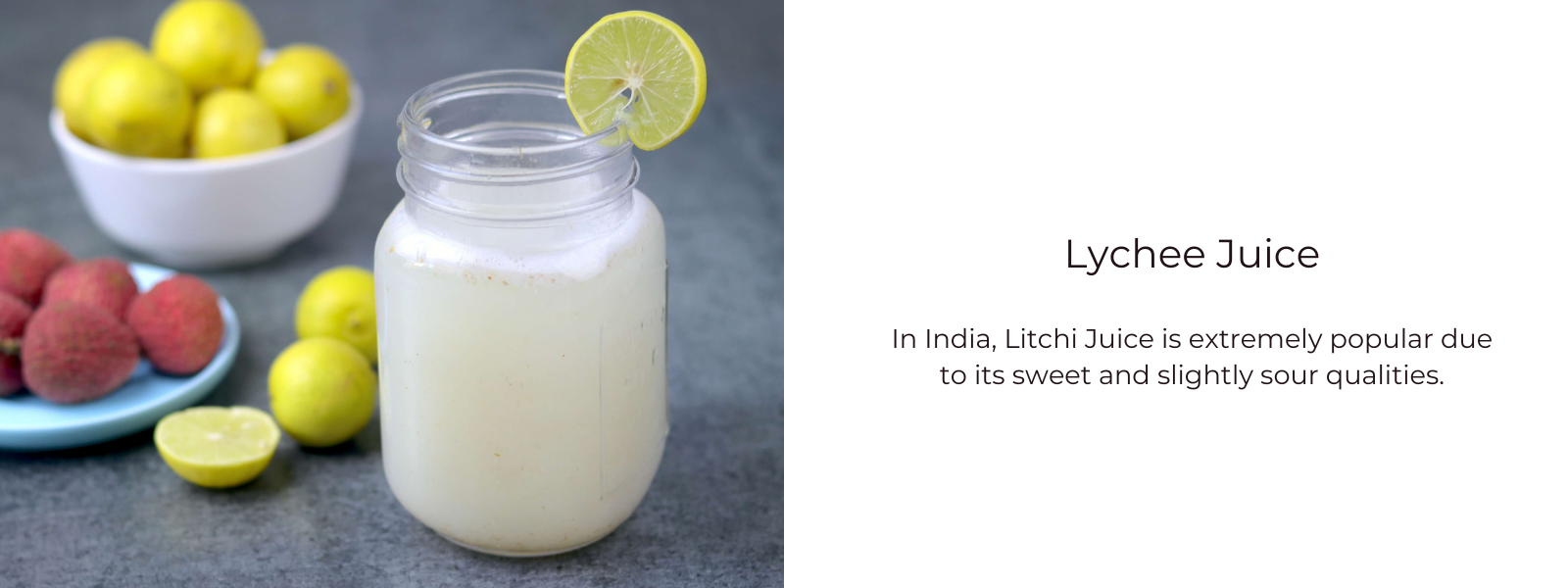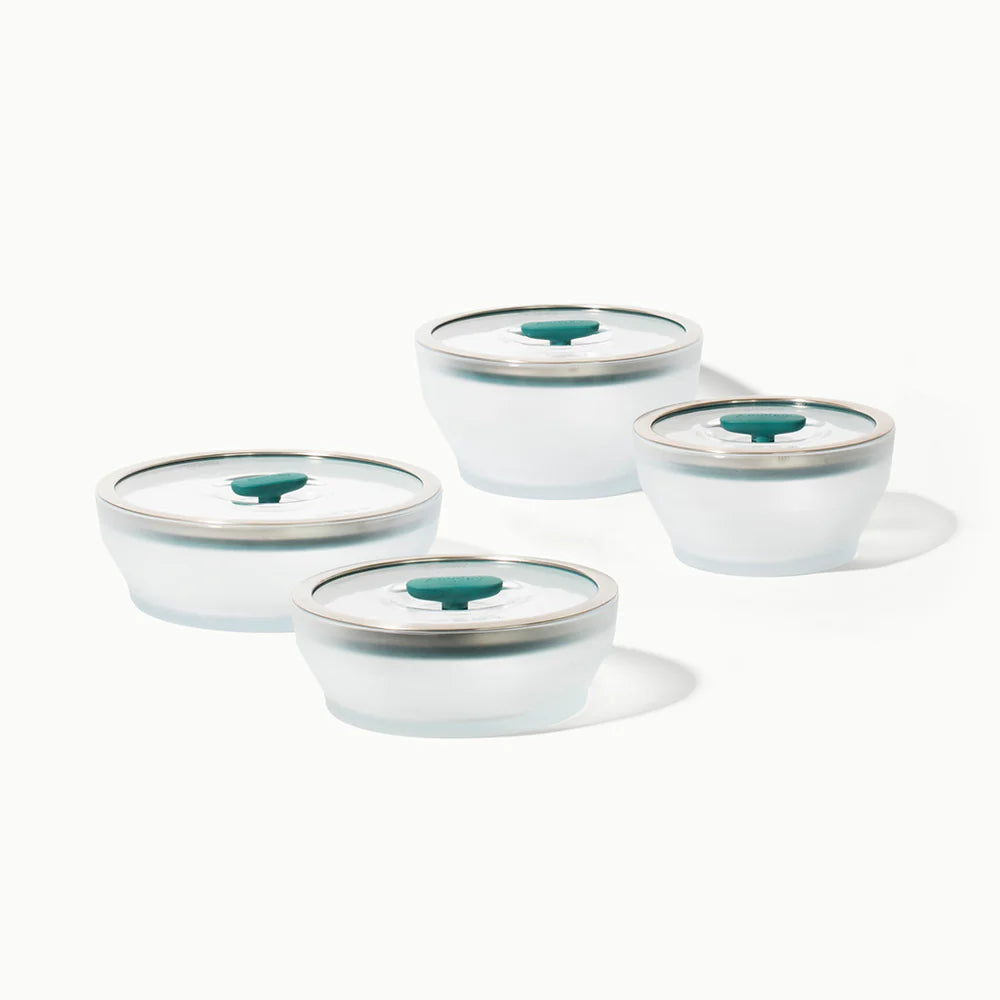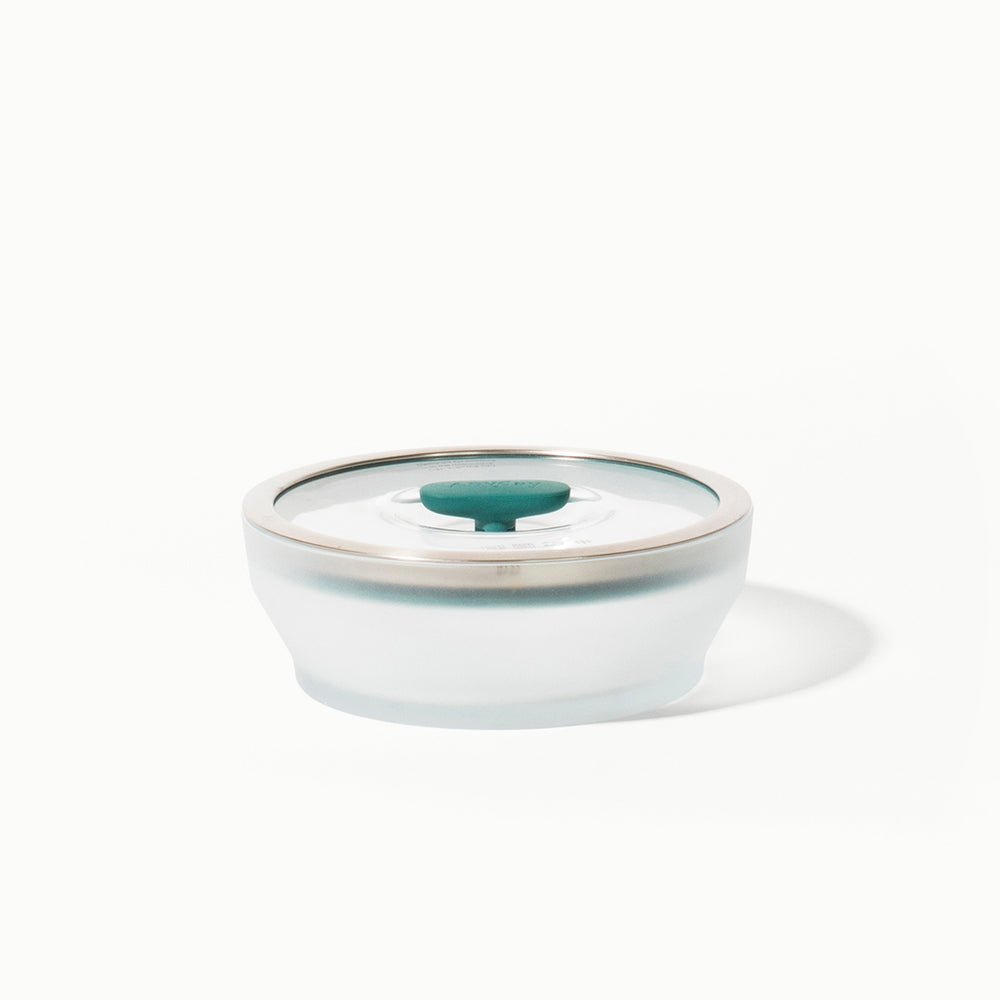Aloe vera juice is a tasty and healthy ingredient to any beverage or smoothie. Consuming aloe vera gel is known to reduce inflammation, aid digestion, and manage blood sugar levels.
Table of Contents
What is aloe vera?
Aloe Vera is a succulent plant that thrives in arid tropical environments. There are also a few additional unusual names. It is also known as the "burn plant," "lily of the desert," and "elephant's gall." Ancient people referred to it as the 'plant of immortality' due to its medicinal properties. Over the course of time, aloe vera has gained immense popularity. It has numerous cosmetic, medicinal, and health benefits. There are over 300 different kinds of this plant, but 'Aloe barbadensis' is the species known as aloe vera. It is the type of plant that yields aloe vera juice.
What is aloe vera juice?
Aloe vera juice is the most common method of consumption. It is obtained from the aloe leaf's interior portion. The juice is viscous and sticky, and it has numerous health benefits, including a high concentration of antioxidants.
How to make aloe vera juice at home?
Creating aloe juice is a straightforward procedure.
Begin by removing several leaves from mature, robust aloe vera plants. Compare these to pillows, the leaves of aloe vera are gel-filled cushions.
Next, cut the leaves with caution. Remove the visible gel and combine it with water. You can further blend it in a blender for an even consistency.
Can a diabetic patient drink Aloe vera juice?
Research indicates that aloe vera beverages or supplements may have a variety of potential benefits for diabetics: Reduce fasting glucose levels. A study indicates that the consumption of aloe vera gel can help individuals attain improved fasting blood sugar levels, and it can also reduce body fat and weight.
What is the best time to have aloe vera juice?
The ideal time to consume aloe vera juice is in the morning because it provides a fluid boost that helps the body eliminate toxins. Start your day by consuming tepid water and follow it with a glass of aloe vera juice.
Health benefits of aloe vera juice:
Aloe vera liquid provides numerous health benefits due to its nutrient density. Moreover, it helps combat degenerative diseases. You can also prevent the advent of these diseases by drinking aloe vera juice moderately on a regular basis. An aloe vera plant not only beautifies your garden, it also provides you with an easy source of aloe vera juice throughout the day.
Aloe Vera Juice is great for weight Reduction
Those attempting to lose weight are hampered by an unhealthy stomach. As a digestive aid, aloe vera can promote digestive health, metabolism, and discharge.
Aloe vera is beneficial for both metabolic processes. Aloe vera's B-vitamins and enzymes make it an outstanding fat burner.
According to a study, aloe vera liquid may aid in weight loss. When actively reducing weight, the body enters a state of detoxification. Additionally, aloe vera contains acemannan, a complex carbohydrate that aids in the detoxification process. Consequently, in addition to its natural laxative properties, cleansing is an excellent reason to ingest aloe vera juice when detoxing.
Alleviates Constipation
Constipation is unpleasant and can also negatively impact gut and digestive health. However, aloe vera juice can be used as an effective laxative to transport bulk through the digestive tract.
Anthraquinones are present in the latex or as the portion of the plant that lies between the epidermis and the gel. It is a substance that causes cathartic effects. According to a study, Aloe Vera has a more significant effect on constipation. Unquestionably, aloe latex is a great solution for constipation, as it increases intestinal fluid to soften faeces.
Alleviates Heartburn
Heartburn occurs when stomach acid travels up into the oesophagus. Aloe vera liquid can alleviate heartburn and soothe the stomach. Additionally, it is useful for treating gastric ulcers.
Boosts hydration
Hydration is essential for good health. The extract of aloe vera juice is a perfect substitute for sugary beverages and fruit concoctions that are detrimental to health. Low in sugar and calories, aloe vera juice can be ingested directly or blended with other smoothies and juice.
Maintains Liver Health
Aloe vera juice is an excellent source of phytonutrients and hydrates the body. Only if your body is adequately hydrated can the liver operate effectively. Aloe vera juice keeps the body hydrated and aids the liver in cleansing the body.
Enhances Skin Health
The extract of aloe vera gel acts as a water-based moisturiser with beneficial effects on the epidermis. Collagen is a vital protein that gives the epidermis its structure and elasticity. The topical application of aloe vera gel increases the skin's collagen production, according to a study.
Aids Digestion
Aloe vera aids in the breakdown of sugar and lipids in the body. It regulates acid secretion in the digestive tract and maintains healthy intestines. Additionally, it encourages the growth of beneficial gut flora. If you have digestive issues, include aloe vera beverage in your diet on a regular basis.
Aloe vera has also been demonstrated to be an effective treatment for irritable bowel syndrome. It aids digestion and treat digestive disorders.
High in Vitamin C
Aloe vera is abundant in vitamin C. Vitamin C is crucial for immunity enhancement. Vitamin C is additionally necessary for iron absorption in the body.
How to use aloe vera juice?
Aloe vera juice is available on the market for human ingestion. Additionally, aloe vera liquid can be made at home. Simply ladle out the clear gel contained within the leaves and combine it with water. According to your preference, you may add lemon, honey, salt, or any additional flavouring agents.
Side-effects of aloe vera juice:
Harmful clinical consequences of the extract of the aloe vera in humans. Aloe vera can cause hives, skin irritation, cramping, and diarrhoea in individuals who are intolerant to other members of the lily family, such as onion and tulips.











Leave a comment